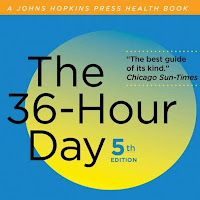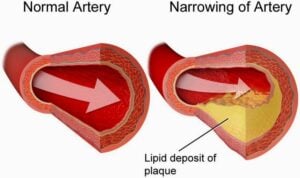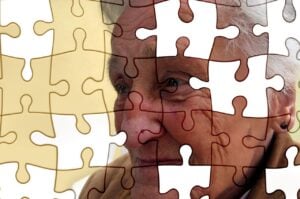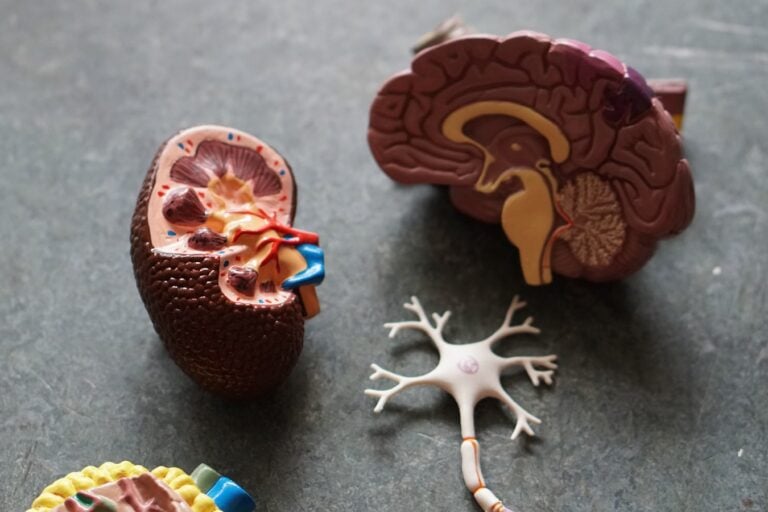Welcome
Alzheimer’s & Dementia Weekly was inspired by my mother’s journey with autoimmune dementia and my dad’s with Parkinson’s dementia.
Walking beside them opened my eyes to the confusion, the courage, and the deep humanity found in families and professionals caring for someone they love.
Since its debut in 2007, this site has had one clear mission:
to separate the wheat from the chaff — to highlight only the most essential articles, studies, tools, and videos from the overwhelming river of dementia-related information.
(At last count, Google receives a new post on Alzheimer’s or dementia every seven minutes.) For anyone seeking clarity or support, that constant flow can be exhausting and discouraging.
Alzheimer’s Weekly filters, translates, and explains what matters most, helping hundreds of thousands of families, clinicians, and care teams around the world make sense of the latest research and best practices.
This site is dedicated to everyone who works—often quietly and tirelessly—to preserve dignity in the community of people living with dementia.
About the Editor
With experience in dementia caregiving, public education, and Alzheimer’s-focused writing—and a professional research background shaped in what many consider one of the world’s top laboratories—I work to make complex findings clear, practical, and genuinely helpful for both families and professionals providing care.
My goal is simple:
Translate the best science into guidance that lightens the load, strengthens understanding, and helps every person with dementia live with dignity.
Peter Berger
Editor, Alzheimer’s Weekly













Good video & I'd love to share it but won't because it perpetuates the myth that dementia is a diagnosis of itself. It isn't & it shouldn't be. Dementia is a SYMPTOM of an underlying disease or condition. You wouldn't accept a diagnosis of 'fever' – this is just like that. Push to get the diagnosis of the underlying condition.
There are about 10 different {major} types of dementia & many others that are singular & others that combine with each other etc…
"Cognitive"(?) Too many ALZ/dementia training materials use that word. Although it is technically correct it is a rather 'technical' word.
How many times have you ever used the word 'cognitive' in a sentence? Outside of an ALZ/dementia situation? Have you ever used it at a party? Have you ever said "Gee, your are acting cognitively impaired today. Are you feeling ok?"
The word 'cognitive' is not a vernacular descriptor. It might mean something to scientists, but it's use impairs the applicability of this video lesson to stereotypical informational seekers. And who else would want to see it? Who is the intended audience?
The video also say that 'reason' is impaired. Since dementia presentation is 90+% behavioral, how would a inquiring person interpret the application of 'reason' to the observable changes in a loved one? Personally I dont think that using the word reason is a reasonable mechanism to convey the material.
But I applaud the effort. . . . .